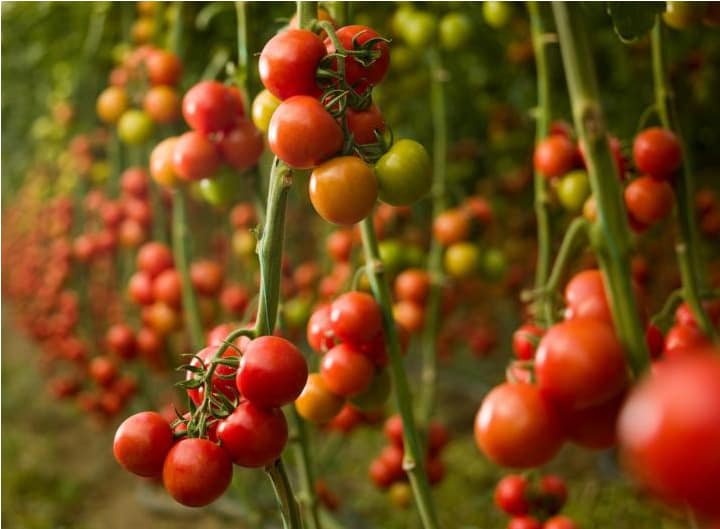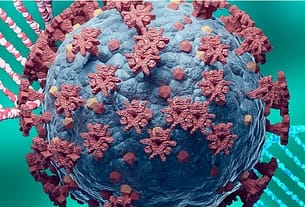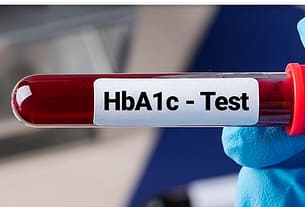Tomatoes are among the top foods recommended by the American Heart Association (AHA) to help manage high blood pressure, specifically because they are rich in potassium, which is known to ease hypertension.
Now, a new scientific paper further lends further support to the power of the tomato when it comes to heart health.
In the study, which involved more than 7,000 adults between ages 55 and 80, researchers in Spain found that eating the equivalent of one large tomato (about 4 ounces) each day could cut high blood pressure risk by as much as 36 percent.
“Tomato is one of the most consumed, widely available, and affordable vegetables worldwide, and it is an important component of the best diets, such as the Mediterranean diet,” wrote coauthor Rosa Maria Lamuela-Raventós, MD, director of the Institute for Research on Nutrition and Food Safety and an associate professor at the University of Barcelona. “Tomato consumption may play a favourable clinical role in the prevention and management of elevated blood pressure.”
The study, published this November in the European Journal of Preventive Cardiology, followed participants over the course of three years. Nearly 6 in 10 were women.
Just over 82 percent already had high blood pressure at the beginning of the study, but all participants had factors that put them at high risk for heart trouble, such as diabetes, smoking, high cholesterol, obesity, a family history of early onset cardiovascular disease, or some combination of these factors.
Lower Heart Disease Risk Linked to High Consumption of Tomatoes
The researchers divided individuals with high blood pressure into three categories:
- Grade 1 hypertension, systolic 140 to 159 mmHg and diastolic 90 to 99 mmHg
- Grade 2 hypertension, systolic 160 to 179 mmHg and diastolic 100 to 109 mmHg
- Grade 3 hypertension, systolic 180 mmHg or higher and diastolic 110 mmHg or higher
Normal blood pressure, according to the AHA, is less than 120 systolic and less than 80 diastolic.





